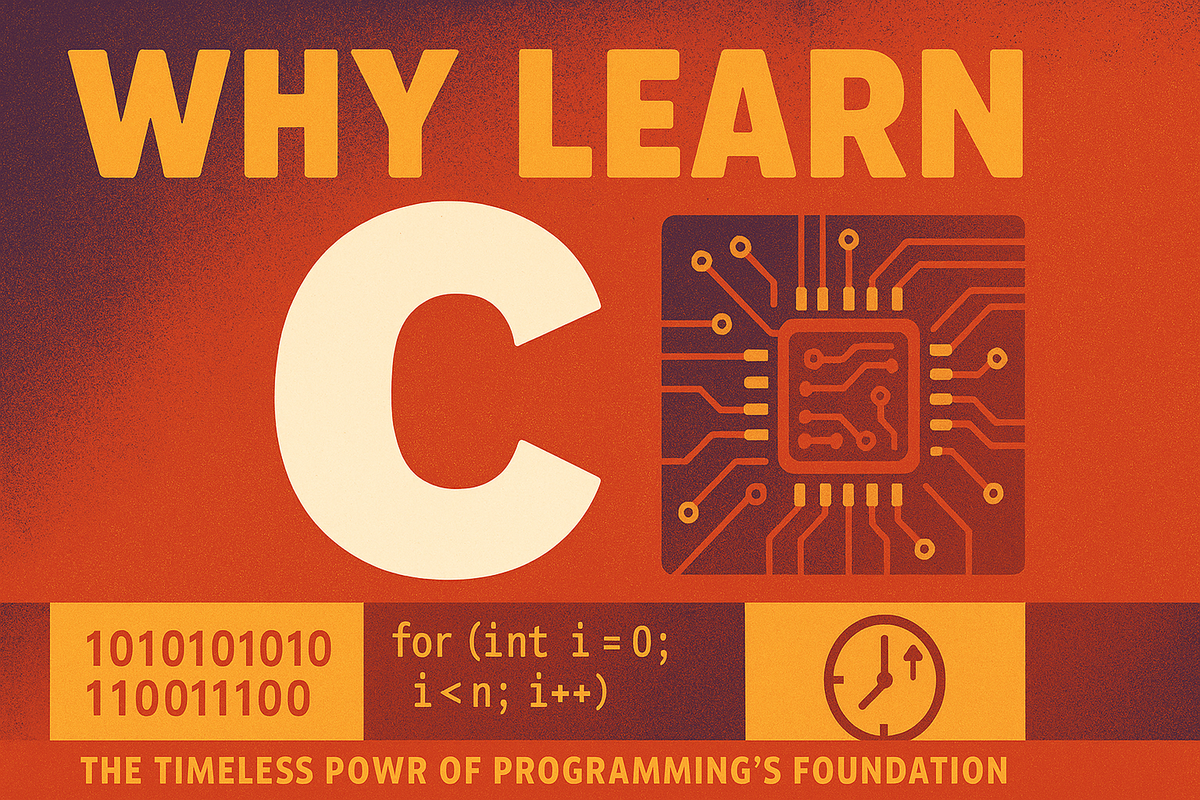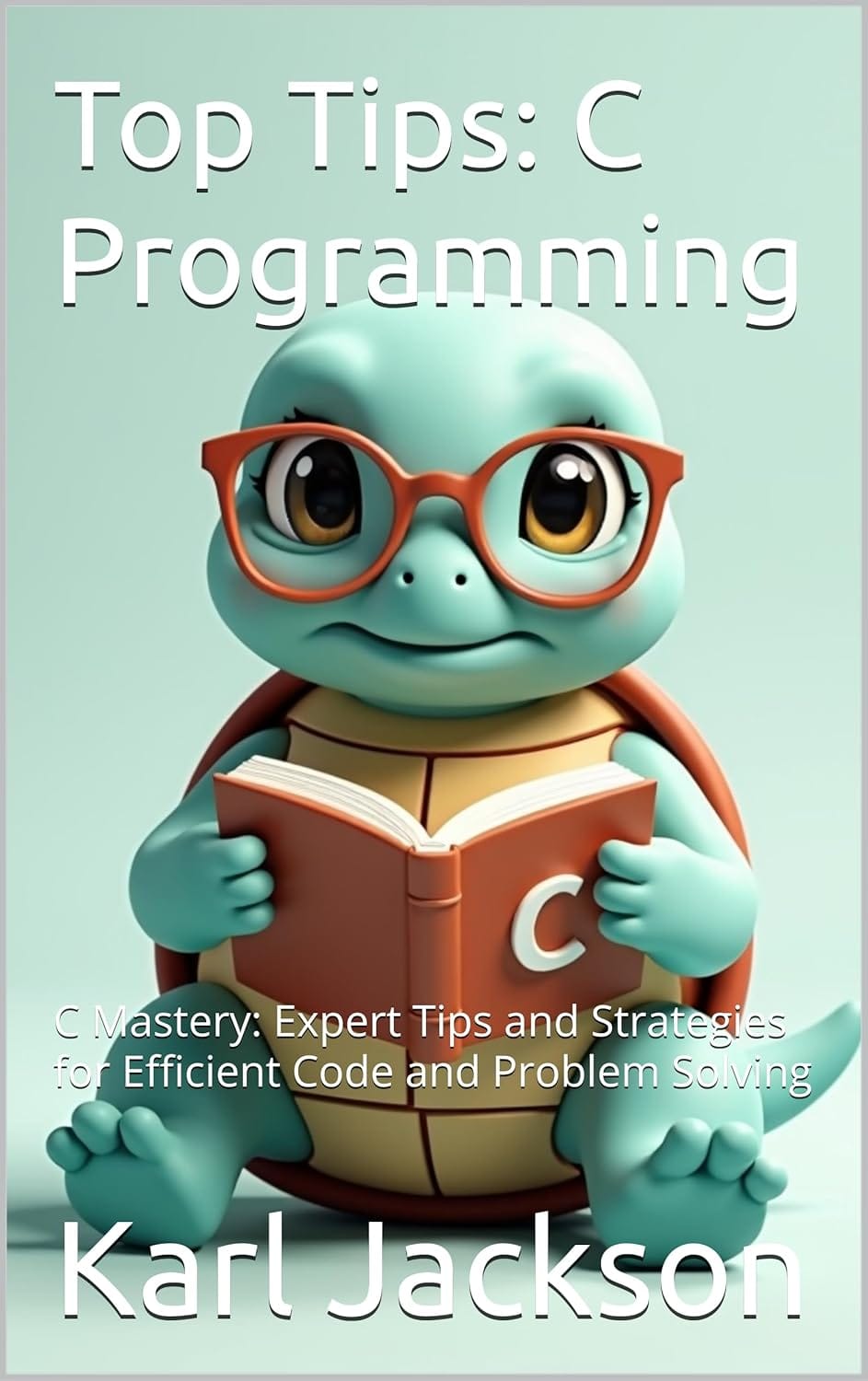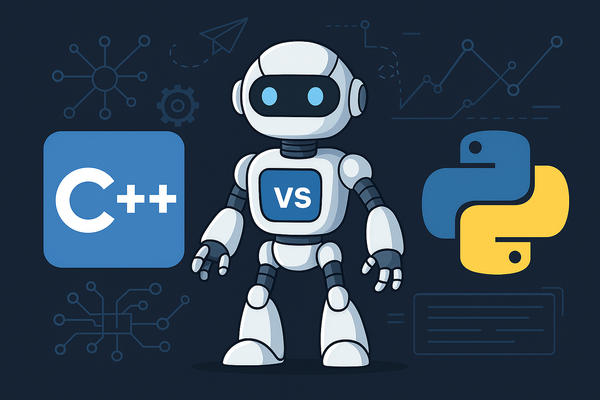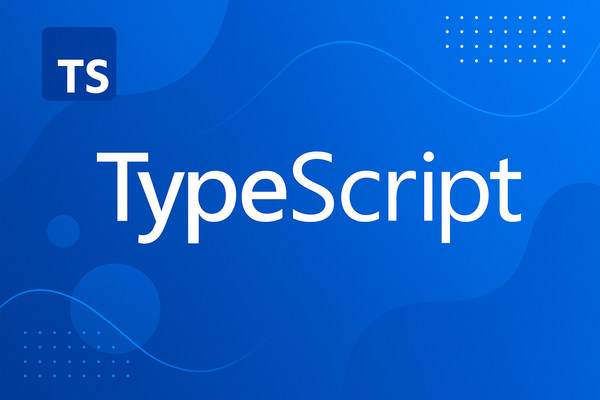Why Learn C? The Timeless Power of Programming’s Foundation

Got it — here’s a tighter, ~500-word blog post about why to learn C, now including a Hello, World! example to make it more engaging.
Why Learn C? The Timeless Power of Programming’s Foundation
If programming languages were a family tree, C would be the sturdy trunk that supports everything else. Born in the early 1970s at Bell Labs by Dennis Ritchie, C was created to power Unix. Half a century later, it remains the backbone of modern computing—fast, efficient, and endlessly relevant.
But C isn’t just history—it’s opportunity. Here’s why learning C might be one of the smartest moves you can make as a programmer.
1. Speed That Still Stuns
C compiles directly to machine code, giving you performance that high-level languages can’t match. Operating systems, game engines, and databases rely on this speed. When you want to squeeze every last drop of performance out of a machine, nothing beats C.
And here’s the kicker: by working in C, you gain a mental model of how computers really work—pointers, memory, and bitwise operations. Those lessons will sharpen your skills in any other language.
2. The Language That Built the Rest
Python, Ruby, and even the Java Virtual Machine all lean on C at their core. Learn C, and you understand the foundations of the tools you already use. It’s like learning Latin for programmers: once you grasp the root, everything else makes more sense.
Need speed in your Python project? Write a C extension. Want to embed logic in a low-level system? C is the bridge.
3. A Living Legend
C isn’t a relic. It’s everywhere:
- Linux and Windows kernels
- MySQL and PostgreSQL databases
- Embedded devices, from routers to microcontrollers
By writing C, you’re joining a tradition of programmers who built the digital world.
4. Your First Step: Hello, World!
One of C’s charms is its simplicity. Here’s the classic first program, written in C:
#include <stdio.h>
int main() {
printf("Hello, World!\n");
return 0;
}
Save it as hello.c, then compile and run it with:
gcc hello.c -o hello
./hello
Output:
Hello, World!
That little snippet shows you the C workflow—headers, compilation, and execution. From there, you can build anything.
5. A Teacher of Fundamentals
C strips away abstractions. You’ll manage memory, juggle pointers, and debug your own mistakes. But those struggles are what make you a sharper, more disciplined developer. Many seasoned programmers say learning C changed how they think about coding forever.
Conclusion: Why C Is Worth Your Time
Learning C isn’t just about nostalgia—it’s about power, clarity, and mastery. It’s about understanding the machine beneath the abstractions and building skills that will never go out of style.
If you want speed, control, and a deeper appreciation for how software works, C is your language. Whether you’re writing your first printf("Hello, World!\n"); or diving into operating system internals, C is ready to teach you lessons that no other language can.
In short: C is fast, foundational, and forever relevant. If you want to take programming seriously, you owe it to yourself to learn it.




